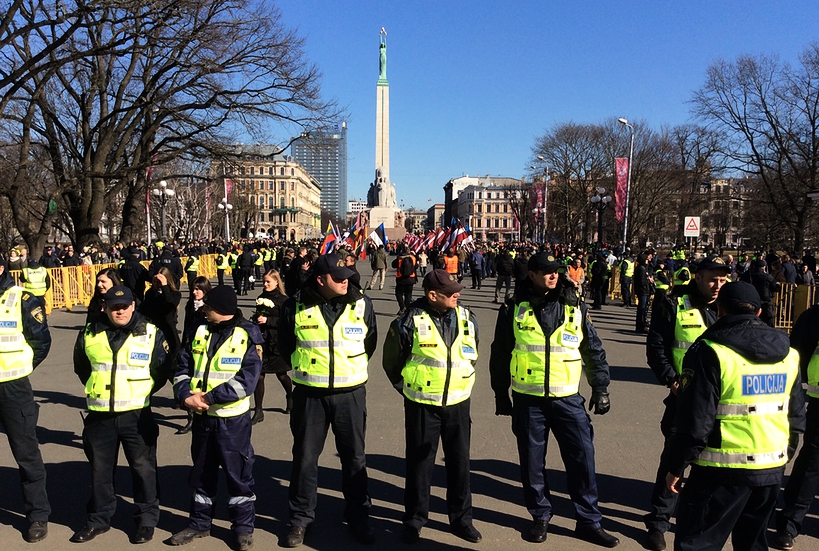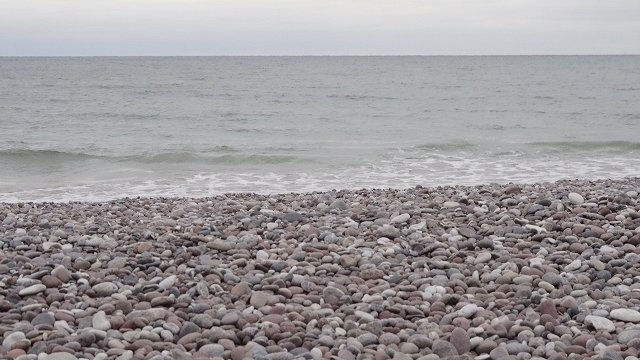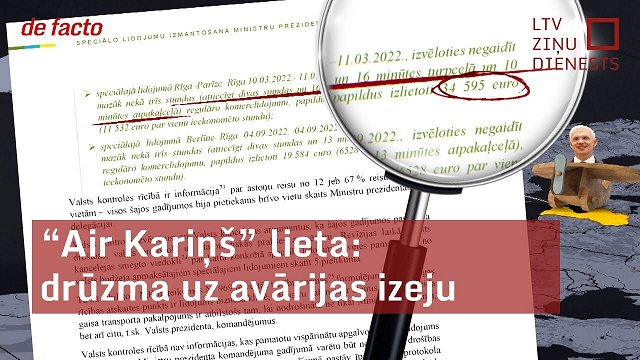According to Mezviets, despite current tensions between Russia and the West, the risk of disorder is no greater than in previous years.
"Every year this situation repeats itself and this year will be no exception," Mezviets said, adding that Latvia's embassy in Germany could also expect to be picketed on March 15 by "pro-Russian r so-called anti-fascist protesters."
Mezviets said protesters in Riga would come from various EU member states and that he had a good idea how many there would be but declined to say a number.
"One of the purposes of the anti-fascists is to provoke the event participants," he said.
"By separating the different groups the risk of physical violence has been minimised," he added.
He also said that EU citizens were harder to prevent from entering the country, but that they could still be prevented.
"Increased border controls are a traditional measure taken, and one that we will be using this year as well," Mezviets said.
Three organizations have received permission from Riga City Council to hold events at or near the Freedom Monument on March 16, one of them a protest against the other two.
Though March 16 is not included on the nation's official calendar of events several hundred people always turn out to parade through the center of Riga and pay tribute to Latvian soldiers who served in the Latvian Waffen SS Legion and fought on the side of Nazi Germany in World War II.
Controversy inevitably follows with participants saying they are honoring freedom fighters and opponents accusing the event of rehabilitating and glorifying fascism.
Tensions are always high, but recent years have not seen any serious trouble thanks to a huge and well-organized police presence along the parade's route.
The three events to be permitted by Riga City Council include the parade itself, organized by the Daugavas Vanagi veterans' association and groups calling themselves the Anti-Nazi Committee of Latvia and the Society for Support of National Soldiers.
Anti-Nazi Committee of Latvia will hold a counter-demonstration denouncing the main parade while the Society for Support of National Soldiers says it intends to distribute information about the history of the Latvian Legion to passers-by.
In contrast to his predecessor Laimdota Straujuma who sacked a minister who attended the March 16 parade, Prime Minister Maris Kucinskis has signalled a "hands off" approach, saying he left the decision on whether or not to attend to his individual ministers.
March 16 was the date in 1944 on which both divisions of the Latvian Legion fought against the Red Army.
Similar numbers of Latvians fought on both the German and Soviet sides after seeing their independent state removed from the map by the Molotov-Ribbentrop pact and then enduring successive occupations.
A less controversial commemoration of those who fought in the Latvian Legion also takes place on March 16 at the regimental cemetery in Lestene.

























